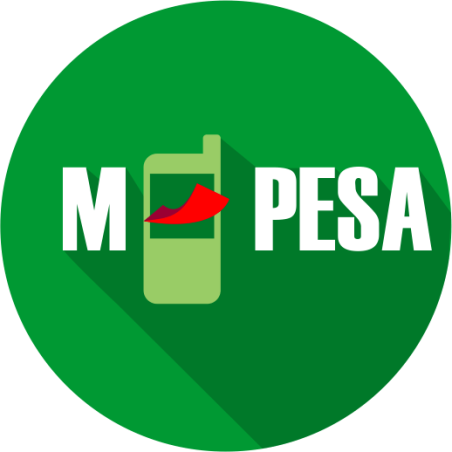M-Pesa, two Kenyan tech firms get accolades in UN report on inequality

Two Kenyan tech firms and Safaricom’s M-Pesa are basking in international limelight after being cited in a UN report as powerful models for combating inequality.
Nairobi-based Moringa School, which imparts coding skills to students, has been recognised for scouting for children with tech potential, training them and creating a future talent pool for its partners — Safaricom and Barclays Bank.
This model is seen as a tool to empower the youth while providing the corporate scene with a steady flow of competent manpower.
The report titled ‘Better Business, Better World’ also lauds another Kenyan firm, Peek Vision — the developer of a mobile phone app that allows users to conduct checkups on their eyes diagnose conditions like cataracts and glaucoma at lower costs.
The smartphone-based app has a diagnostic accuracy similar to that of an ophthalmic camera — used for medical diagnosis.
The two Kenyan firms have been cited alongside other global companies like TransferWise, a London-based money transfer service valued at more than $1 billion (Sh103 billion), and Paris-based Bla Bla Car, a ride sharing service.
“Many of these innovators are using one or more of the game-changing, largely digitally-enabled business models that have developed over the past decade,” the report says.
“These can be adapted to capturing market opportunities in line with both environmental and social global goals.”
This comes hot on the heels of last week’s announcement that six Kenyan engineering innovations have been shortlisted for the Africa Prize for Engineering Innovation, cementing Kenya’s fast-growing profile as a hotbed of innovation.
Safaricom’s mobile money transfer service, M-Pesa, has also been cited in the UN report for promoting financial inclusion in the Kenyan economy.
“In Kenya, 43 per cent of GDP (gross domestic product) in 2013 flowed through Safaricom’s M-Pesa system, which supported over 237 million peer-to-peer transactions, more than any other such system in the world,” the study says.
The report was prepared by UN-backed Business & Sustainable Development Commission that was launched in Davos last year.
The commission brings together leaders from business, finance, civil society, labour, and international organisations.
It aims to map the economic prize that could be available to business if the UN Sustainable Development Goals (SDGs) are achieved, and describing how business can contribute to delivering the goals.
“Globally, we are at a critical nexus that will shape the way we work, live and play in generations to come. This perceptive report reveals that business has the obligation to be an active part of a more responsible and inclusive society,” said Safaricom CEO Bob Collymore.
Mr Collymore is a board member of the United Nations Global Compact (UNGC).
The UN Global Compact board is the world’s largest corporate citizenship initiative that encourages businesses globally to adopt sustainable and socially responsible policies, including good governance.
The Board, comprised of 30 members, is chaired by the UN Secretary General and provides high level strategic advice relating to the evolving United Nations-Business relationship.
Members are appointed by the Secretary General on recommendation from the board’s Nominating Committee, based on input from the Global Compact Office.
“We must have the courage to strike out in new directions and embrace an economic model which is not only low-carbon and environmentally sustainable, but also turns poverty, inequality and lack of financial access into new market opportunities for smart, progressive, profit-oriented companies,” the report says.
SOURCE:BUSINESSDAILY AFRICA
 Africas leading resource for digital financial services
Africas leading resource for digital financial services


comments